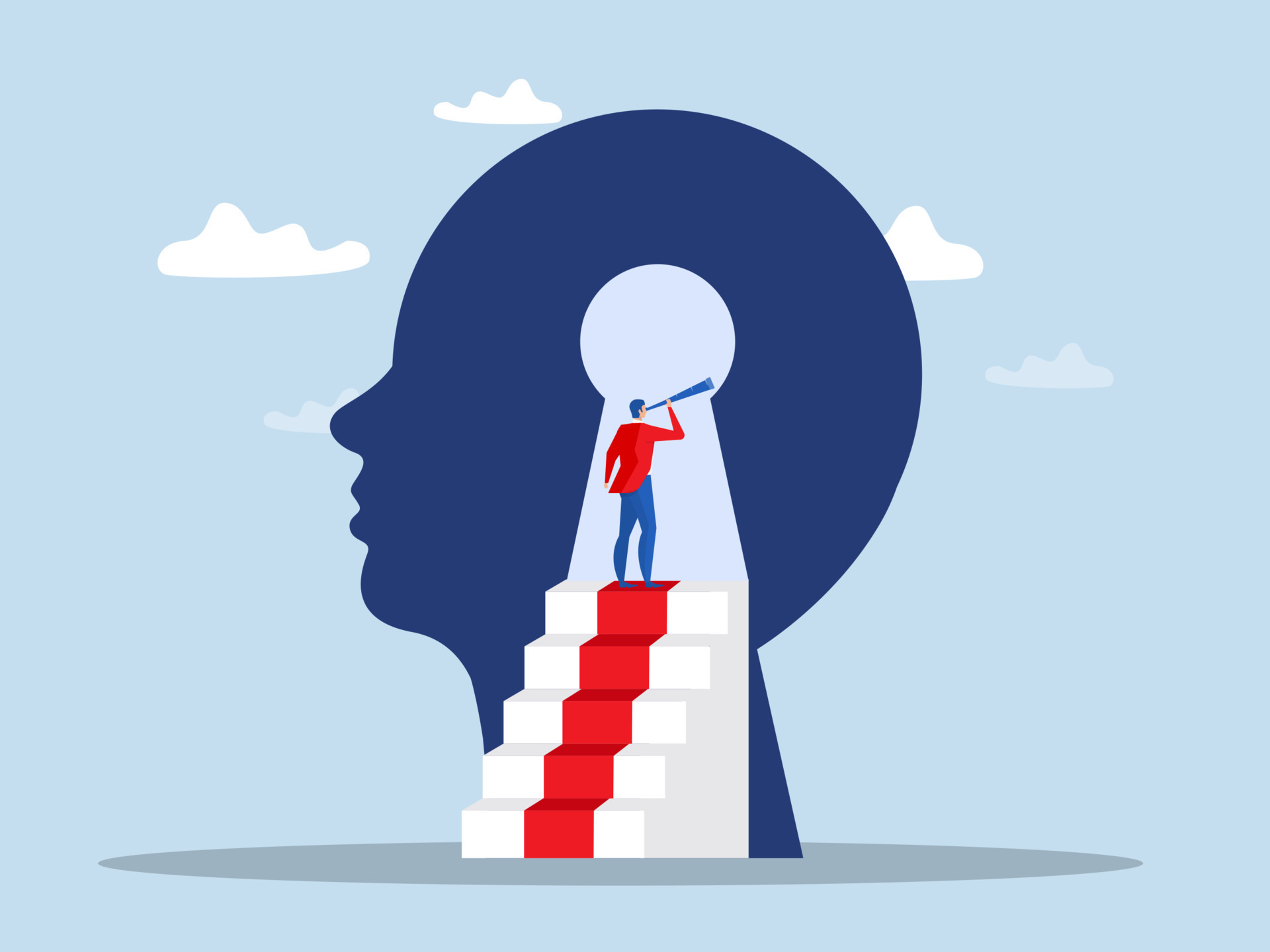Understanding Self Disappointment: Finding Your Inner Compass
Detail Author:
- Name : Quinton Volkman
- Username : beahan.alena
- Email : heller.sammie@hotmail.com
- Birthdate : 1989-11-09
- Address : 8411 Keith Pass North Marianne, GA 53414-6143
- Phone : +1 (445) 267-3715
- Company : Rowe LLC
- Job : Gaming Supervisor
- Bio : Quis illum aut repellat. Iste ducimus dolores doloremque rerum voluptatem soluta. Velit expedita quo facilis dolores eius.
Socials
facebook:
- url : https://facebook.com/atorp
- username : atorp
- bio : Itaque voluptatum sed ut aperiam.
- followers : 6765
- following : 2275
linkedin:
- url : https://linkedin.com/in/audie_id
- username : audie_id
- bio : Voluptates veritatis autem qui ut aut tempore.
- followers : 6711
- following : 1204
tiktok:
- url : https://tiktok.com/@torpa
- username : torpa
- bio : Animi ut sunt eaque culpa ut molestias alias eum.
- followers : 3061
- following : 474
twitter:
- url : https://twitter.com/torp1998
- username : torp1998
- bio : Vitae natus quibusdam quas quia nostrum. In in laudantium natus pariatur quo voluptatem illum. Esse dolores quos recusandae voluptatem.
- followers : 4643
- following : 776
instagram:
- url : https://instagram.com/torp2020
- username : torp2020
- bio : Ut eum possimus eos modi nam. Aut eum laborum iure est fuga sequi officiis.
- followers : 2762
- following : 1104
Feeling let down by yourself can be a really heavy thing. It’s a feeling many people know, yet it’s often kept quiet. This kind of feeling, self disappointment, hits us when we feel we haven't met our own hopes or standards. It might be after a setback, a choice we regret, or just a general sense of not doing enough. It’s a very personal sort of sadness, and it can truly weigh on your spirit.
You might be wondering, what exactly is this feeling? Is it just regret, or something deeper? Well, it's more than just wishing you did something differently. It's about how you see your own actions and who you are in light of those actions. So, it really does touch on your core sense of self, which is quite important.
This article will look at self disappointment, helping you get a better sense of what it means and how it shows up in your life. We'll explore why it happens and, more importantly, some ways to move through it. It’s about finding a way to be kinder to yourself, even when things don't go as planned, you know?
Table of Contents
- What Is Self Disappointment?
- Why Do We Feel Self Disappointment?
- Signs of Self Disappointment
- Moving Through Self Disappointment
- Frequently Asked Questions
What Is Self Disappointment?
Self disappointment is a feeling of unhappiness or sadness that comes from a belief that you have not lived up to your own abilities, standards, or hopes. It's an internal reaction, a judgment you make about yourself. This feeling can show up after a big failure, or even after small moments where you feel you could have done better. It’s very much about how you measure your own worth, so.
It's different from just being disappointed by others or by outside events. This kind of disappointment comes from within. It’s about your inner self, the "self" that you carry around, and how you evaluate its performance. Think of it like an internal system that needs to "reference a member function" within its own "module," and if that reference is off, you get a feeling of unease, you know?
This feeling can be a strong signal. It tells you something about your values and what matters most to you. Sometimes, it shows where your own "self-signed certificate" of worth might not be fully trusted, leading to an internal "ssl error." It’s a reminder that we often hold ourselves to very high standards, perhaps too high, actually.
Why Do We Feel Self Disappointment?
There are a few main reasons why we might experience self disappointment. It often comes from a mix of how we see ourselves and the world around us. Understanding these reasons can help us begin to work through the feelings, which is pretty helpful.
Unmet Expectations
One common reason is simply not meeting the hopes we have for ourselves. We set goals, big or small, and when we don't reach them, a sense of failure can creep in. This isn't just about external goals, but also about how we expect ourselves to behave or react in certain situations. It's like when a "method is forced to accept a parameter commonly named self," and if that "self" doesn't perform as expected, there's a disconnect, you know?
These expectations might be very clear, like finishing a big project. They could also be less clear, like hoping to be more patient or more understanding. When we fall short of these internal ideas, it can lead to a quiet disappointment with ourselves. It's a bit like a "debugging question where op omitted a self." – we miss a key part of ourselves, and things don't run smoothly, apparently.
Comparing Ourselves
In today's world, it's very easy to look at what others are doing and feel like we're not measuring up. Social media, for example, often shows only the best parts of people's lives. This can make our own efforts seem small in comparison. This constant comparison can fuel self disappointment, making us feel like we're always behind, or just not good enough, in a way.
When we compare ourselves, we might start to question our own abilities. We might think, "Why can't I do that?" or "Why don't I have that?" This can make us feel less capable and more disappointed in our own journey. It’s like looking at someone else’s perfectly "self extract and running installer" and feeling bad about your own work, even if yours is fine, you know?
Lack of Self-Acceptance
Sometimes, self disappointment comes from a deeper place of not fully accepting who we are, flaws and all. If we have a hard time accepting our own mistakes or imperfections, we might be quicker to feel let down by ourselves. This can create a cycle where any slip-up leads to strong feelings of self disappointment. It’s almost like our internal "ca store for the current user" doesn't fully trust its own "my ca" certificate, you see.
True self-acceptance means being kind to yourself, even when you make errors. It means understanding that everyone has moments where they don't meet their own ideals. Without this kindness, every misstep can feel like a personal failing, leading to more disappointment. It’s a bit like needing to "use self when referencing a member function" within your own being, to truly connect with and accept all parts of yourself, good and bad, actually.
Signs of Self Disappointment
Recognizing self disappointment is the first step toward dealing with it. This feeling can show up in different ways for different people. It's not always a huge, obvious sadness. Sometimes, it's more subtle, a quiet hum in the background of your thoughts. You might feel a lingering sense of regret about past actions, for instance.
You might notice yourself being overly critical of your own efforts, even when others see success. There could be a tendency to focus on what went wrong instead of what went right. This can make you feel a general lack of motivation, or a sense of not wanting to try new things because you expect to fail. It's almost like your internal system is always looking for a "self signed certificate in certificate chain" error, even when things are fine, you know?
Other signs could include withdrawing from social situations, or feeling a bit down about your future prospects. You might find yourself replaying past mistakes in your head, wishing you could change them. This can feel like a constant internal "debugging" session where you're always trying to figure out "when it is required to use self" to fix something, but the problem is really about how you see yourself, you see.
Moving Through Self Disappointment
Dealing with self disappointment takes time and a gentle approach. It's a process of learning to treat yourself with more understanding and kindness. Here are some ways to start moving forward, which can really help, honestly.
Acknowledge the Feeling
The very first step is to simply notice and accept that you're feeling self disappointment. Don't try to push it away or pretend it's not there. Just acknowledge it, like saying, "Okay, I feel let down by myself right now." This simple act of recognition can lessen its power. It's like admitting there's a "self signed certificate ssl error" instead of just ignoring it; you can then start to address the problem, you know?
Allow yourself to feel the emotions without judgment. It's okay to feel sad, frustrated, or even a bit angry at yourself. These feelings are part of being human. Giving them space means you're not fighting against yourself, which is pretty important. This is about being present with your internal "self," rather than trying to "omit a self" from your current experience, you see.
Reframe Your Thoughts
Once you've acknowledged the feeling, try to look at your thoughts about it. Are you being overly harsh on yourself? Could there be another way to see the situation? Instead of saying, "I failed completely," maybe try, "This didn't go as planned, and I can learn from it." This shift in thinking can make a big difference, you know?
It's about changing the story you tell yourself. Instead of focusing on the "error," think about the opportunity for growth. This is like understanding that "methods are just functions that happen defined in a class," and even if one "function" didn't work perfectly, the whole "class" (your self) is still capable and valuable. It’s about not letting one "debug question" define your whole system, you see.
Learn From What Happened
Every experience, even one that leads to self disappointment, holds lessons. Once you're able to look at the situation calmly, ask yourself what you can take away from it. What could you do differently next time? What insights did you gain about yourself or the situation? This is a really important step, too.
Think of it as a form of personal "debugging." Just like a programmer looks at why a "method is forced to accept a parameter commonly named self" and how it behaves, you can look at your own actions. This isn't about blaming yourself, but about understanding and growing. It's about asking, "When is it required to use self" in a different way next time to get a better outcome, you know?
Practice Self-Kindness
Treat yourself with the same care and understanding you would offer a good friend. When you're feeling down on yourself, offer words of comfort and encouragement. Recognize that everyone makes mistakes and has moments of falling short. This kindness is essential for healing, honestly.
This means actively choosing to be gentle with your inner "self." It’s about validating your own internal "my ca" certificate, putting it in your "ca store for the current user" and trusting it. It's about telling yourself, "It's okay, you're doing your best," even when it feels like you're not. This builds a stronger, more resilient sense of self, which is pretty vital.
Set Realistic Goals
Sometimes, self disappointment comes from setting goals that are just too high or not quite right for you at that moment. Take a moment to look at your hopes and expectations. Are they achievable? Are they truly what you want, or are they influenced by what you think you "should" do? Adjusting your goals can ease the pressure, you know?
Break bigger goals into smaller, more manageable steps. Celebrate the small wins along the way. This helps build momentum and reduces the chances of feeling overwhelmed or let down. It's like making sure your "self extract and running installer" is designed in small, workable parts, so it doesn't crash from being too big, you see.
Seek Support
You don't have to go through self disappointment alone. Talking to a trusted friend, family member, or a mental health professional can provide a lot of comfort and perspective. Sharing your feelings can help you feel less isolated and realize that many people experience similar struggles. It’s a very human thing, after all.
Sometimes, an outside view can help you see things more clearly. A friend might point out strengths you're overlooking, or a therapist can help you explore deeper patterns of self-criticism. Remember, seeking help is a sign of strength, not weakness. Learn more about finding your inner strength on our site, and link to this page about building resilience. For more general support, you might look into resources from organizations focused on mental well-being, like the National Institute of Mental Health, which is a good place to start, you know.
Frequently Asked Questions
Here are some common questions people ask about self disappointment:
How do I stop feeling disappointed in myself after a mistake?
Well, the first step is to acknowledge the mistake without harsh judgment. Then, think about what you can learn from it. Try to reframe your thoughts from "I failed" to "This is a chance to grow." Practice self-kindness, too. It’s a bit like a "debugging" process for your own internal system, where you find the issue and then work to improve things, you know?
Is self disappointment a normal feeling?
Absolutely. Everyone experiences self disappointment at some point. It's a very common human emotion, often tied to our hopes and expectations for ourselves. It shows you care about your actions and who you are, which is a good thing, really.
What's the difference between self disappointment and low self-esteem?
Self disappointment is usually about a specific event or action where you feel you fell short. Low self-esteem is a more general, ongoing negative view of your overall worth. While self disappointment can contribute to low self-esteem if not addressed, they are distinct feelings. One is a reaction to something, the other is a broader sense of self-worth, you see.

Personal Growth

Business vision concept, businessman using telescope to look into the

el hombre de negocios mirando el espejo con su reflejo aumenta su